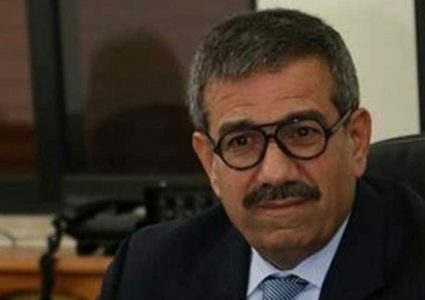Hamada Faraana
Striking political transformations are taking place in our Arab region. These are neither formal nor procedural, but are moving toward influencing the entire political landscape.
Saudi Arabia, with Chinese mediation, conducted negotiations with Iran, mitigating or reducing the state of conflict and intensity between the two countries, and imposing a state of balance in the forms of interaction between the two capitals, in the service of their common interests. The result of this is that Saudi Arabia did not submit to ideas and proposals for normalizing relations with the Israeli colony, and stipulated that this be done through responding to the interests of the Palestinian people, the two-state solution, and the establishment of an independent state. This means the emergence of political independence, freedom of choice, and self-confidence in Riyadh.
The US President decided to open negotiations with Iran without prior consultation with Netanyahu, who was surprised by the start of the US-Iranian negotiations. These negotiations included a series of bilateral meetings in several countries, with the goal of reaching agreements that were being arranged and formulated.
The United States reached a ceasefire agreement with the Yemenis without Netanyahu's knowledge and without prior consultation with the Israeli colonial institutions.
The Qatari Prime Minister held talks in Washington, and it appears that some formula has been agreed upon regarding Palestine and a ceasefire in the Gaza Strip. Trump calls Netanyahu to update him on what has been agreed upon. Netanyahu's Minister of Strategic Affairs arrives in Washington and meets with President Trump. News is circulated that Trump has severed ties with the head of the colony's government, due to his failure to respond to the ceasefire plan and the release of prisoners.
Trump dealt Netanyahu two blows: 1- Opening negotiations with Iran, 2- Reaching a ceasefire agreement with the Houthis in Yemen. He also previously opened direct negotiations with Hamas, without the knowledge of the Israelis, but these negotiations were unsuccessful at the time and may happen again in the future.
Washington is threatening Tel Aviv that it will negotiate with Hamas without Israeli participation, making the situation even more tense. This is despite the strong support Washington has provided to the colony since the beginning of the October War against the Gaza Strip, in response to the Palestinian Al-Aqsa Flood Initiative, both under former President Biden and current President Trump.
The US President will arrive in our Arab region next week, visiting three Gulf Arab capitals. He hopes to reap financial gains from arms sales and attract more investment to these capitals in the US market.
The merchant Trump seeks financial gains for the Americans, and is not restrained by the American policies that support the colony. He wants to say and clarify to all those who fall into narrow-mindedness that the colony's policy controls American policy. He wants to clarify that the facts and truths are completely the opposite: that the colony implements US policy and serves its interests, that Tel Aviv is a tool serving American interests, and that the colony cannot undertake an action that Washington does not want and that does not serve American interests and influence in the Arab world.
Clear, dialectical transformations are taking place for those seeking to scrutinize, understand, and comprehend, and the coming days are open to many variables based on these transformations.








Share your opinion
Urgent political transformations